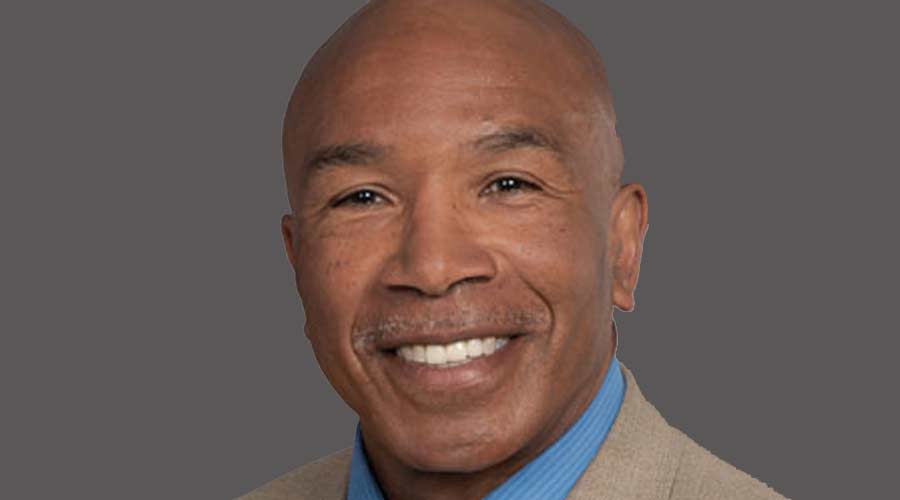
Most people, including myself, use the start of a new year to develop and outline personal goals or create task lists toward accomplishment. Typically, the motivation is to make changes that improve oneself and/or relieve a sore point in one’s life.
My lists normally fall into a wide range of categories, such as health, relationships, finance, household, etc. But the years when I had the most success and felt a sense of accomplishment were times when my wife suggested I focus on my growth as a human being. Her input has historically been right on point and provides me with new insight into myself that I was unaware of or didn’t think was that significant. And because I was receptive and committed to her thoughts, I gained a stronger accountability partner.
Many of you likely have a similar process where you engage your partner in establishing personal priorities and goals. I recommend that leaders find a similar process to engage members of their team in establishing goals and priorities for their department. It can provide you with valuable insight which leads to improvement not only in you as a leader, but also the individuals and teams that you lead.
Assessing your leadership from your team perspective and developing an improvement plan that includes input from your team will help you become a more effective leader. Of course, included in your improvement plan is direction or input from your boss, your own self-assessment, and the final (and often overlooked) aspect is the input from your team.
Seeking input can be done through formal surveys or departmental meetings, as well as informal one-on-one or small group discussions. The important thing to remember is to ask open-ended questions designed to give you feedback and ideas on the topic involved. Collect a good sample size of input, take careful notes, and develop feedback and reporting process to the team.
Regardless of the format, here are three important feedback topics vital for sustaining quality leadership and a high-functioning team:
Trust: How much trust is there at all levels in the department, from the front line to the most senior leaders? Trust occurs when you can be counted on to do what you say or commit to, or when you can’t, you give an honest explanation as to why.
You also build trust when your team believes that you know your job and have integrity in how you carry out your responsibilities. Does your team believe that you have their best interests at heart? If they do, then you have a strong relationship that has been fostered by your listening practices and your consideration for your team members.
Nurturing Ongoing Development: Are there ongoing opportunities for people to learn new skills, not only for them to better perform their current jobs but also to prepare for other opportunities? Are there opportunities for team members to take personal development courses — for example, English in the workplace, and communication classes? Are team members participating in available opportunities?
Empathic Relationships: Does your team see evidence of empathic leadership? Do people feel like their concerns are really listened to and responded to with compassion, kindness, and understanding? Are you able to put yourself in their shoes?
There are many other perspectives that you may want to inquire about, including the team and individual sense of safety (physical and emotional), satisfaction with work-life balance, and how much does each person feel that their work contributes to the success of the department.
Soliciting your team’s input is not just an annual event at the beginning of the new year. To continually maintain your effectiveness as a leader you should always be on the hunt for useful input from your team members. If your goals, the goals of the department, and list of things to do include ideas and input from your team members, you are more than likely to build goodwill and morale within your department.
Gene Woodard, R.E.H., spent more than 45 years in the cleaning industry, retiring as the director of building services at the University of Washington, before which he spent almost a decade at Emanual Hospital in Portland, Oregon. Gene was also a founding member of the Healthy Green Schools & Colleges Steering Committee and served for many years as an advisory board member of Facility Cleaning Decisions magazine.

 The Down and Dirty on Cleaning in Virus Season
The Down and Dirty on Cleaning in Virus Season How Surfactant Use is Expanding in Commercial Cleaning
How Surfactant Use is Expanding in Commercial Cleaning Maximize Your Margins: Learn How to Automate Pricing and Track Rebates
Maximize Your Margins: Learn How to Automate Pricing and Track Rebates